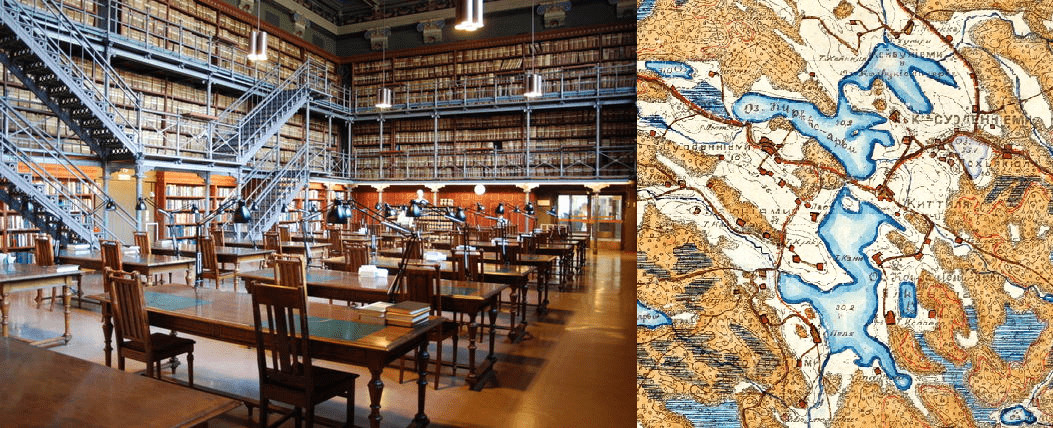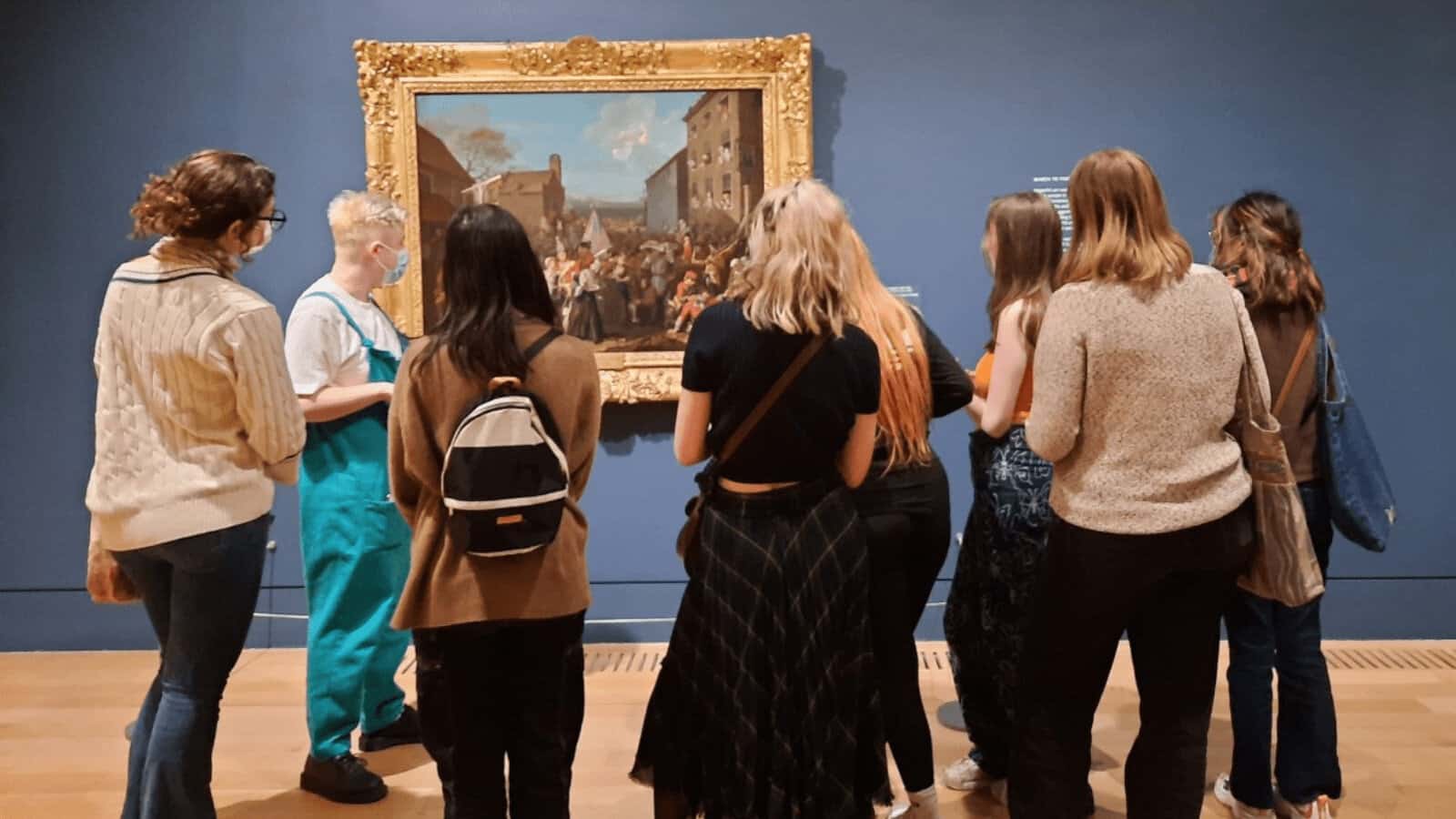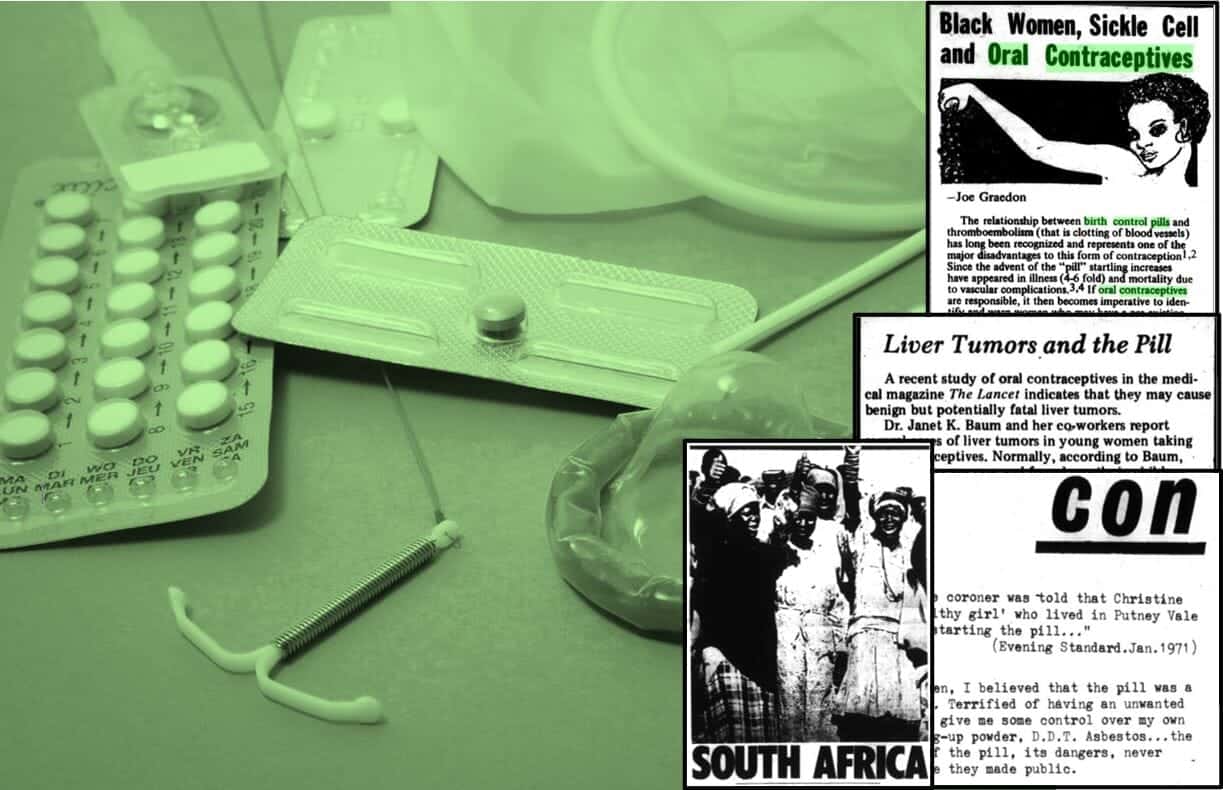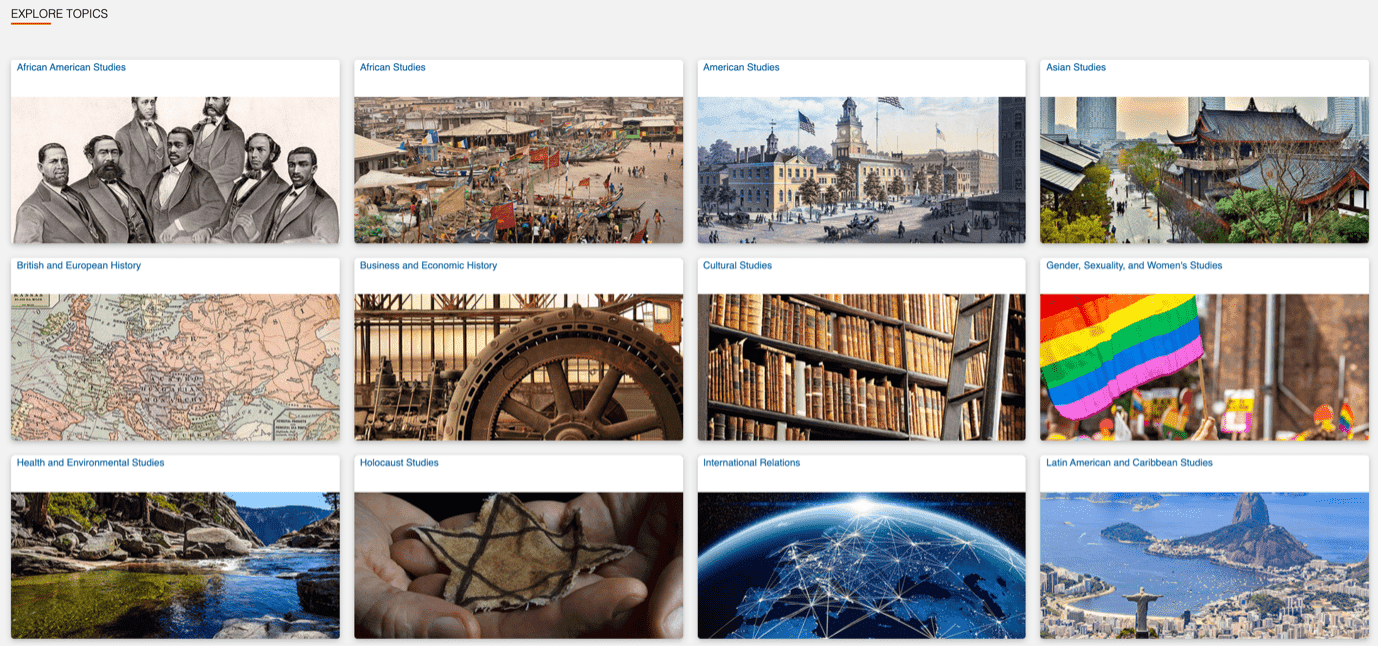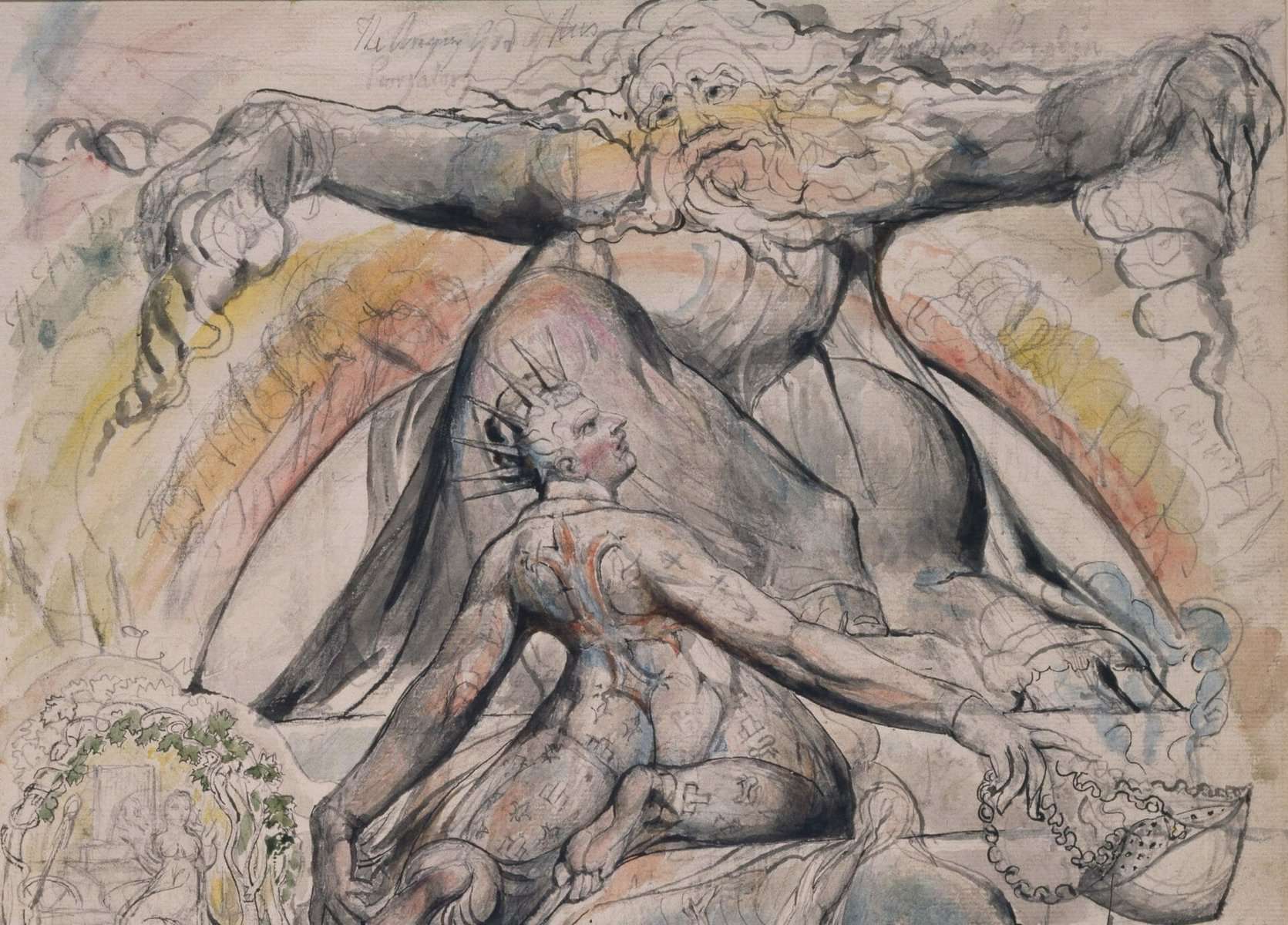│By Torsti Grönberg, Gale Ambassador at the University of Helsinki│
Historian Jo Tollebeek once wrote that increasing “scientification” of history at the end of the nineteenth century produced a new kind of archival-fantasy: a belief that all relevant documents from the past could be gathered. Nowadays it is vital to comprehend and take into account the diversity of an archive. Every archive is bound not only to its history and context but also the demands of the current era. At the end of the day, an archive is in of itself an intellectual problem and a cultural artefact to be studied. Historian Natalie Zemon Davis has also made the important point that, even though the world of archives has encountered many changes, the most important aspect is still the same: when you read documents in an archive you have a physical link to the past in front of you that connects you to people long dead and strengthens the researchers attempt to tell about the past as honestly as possible.1

